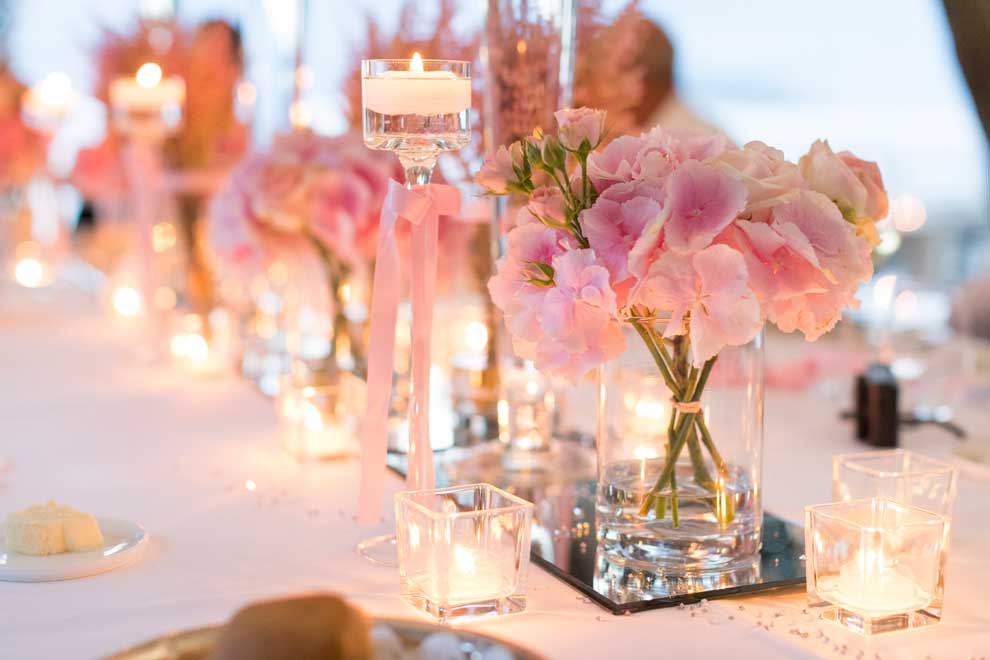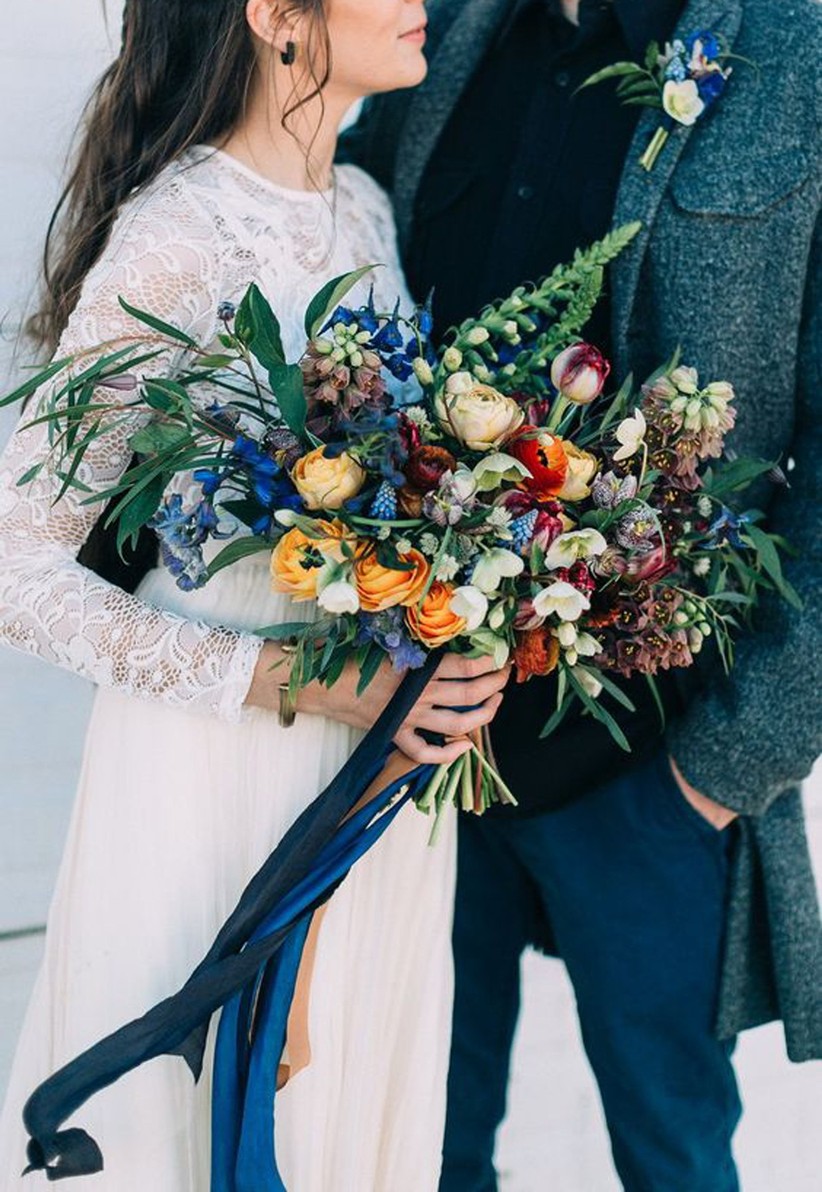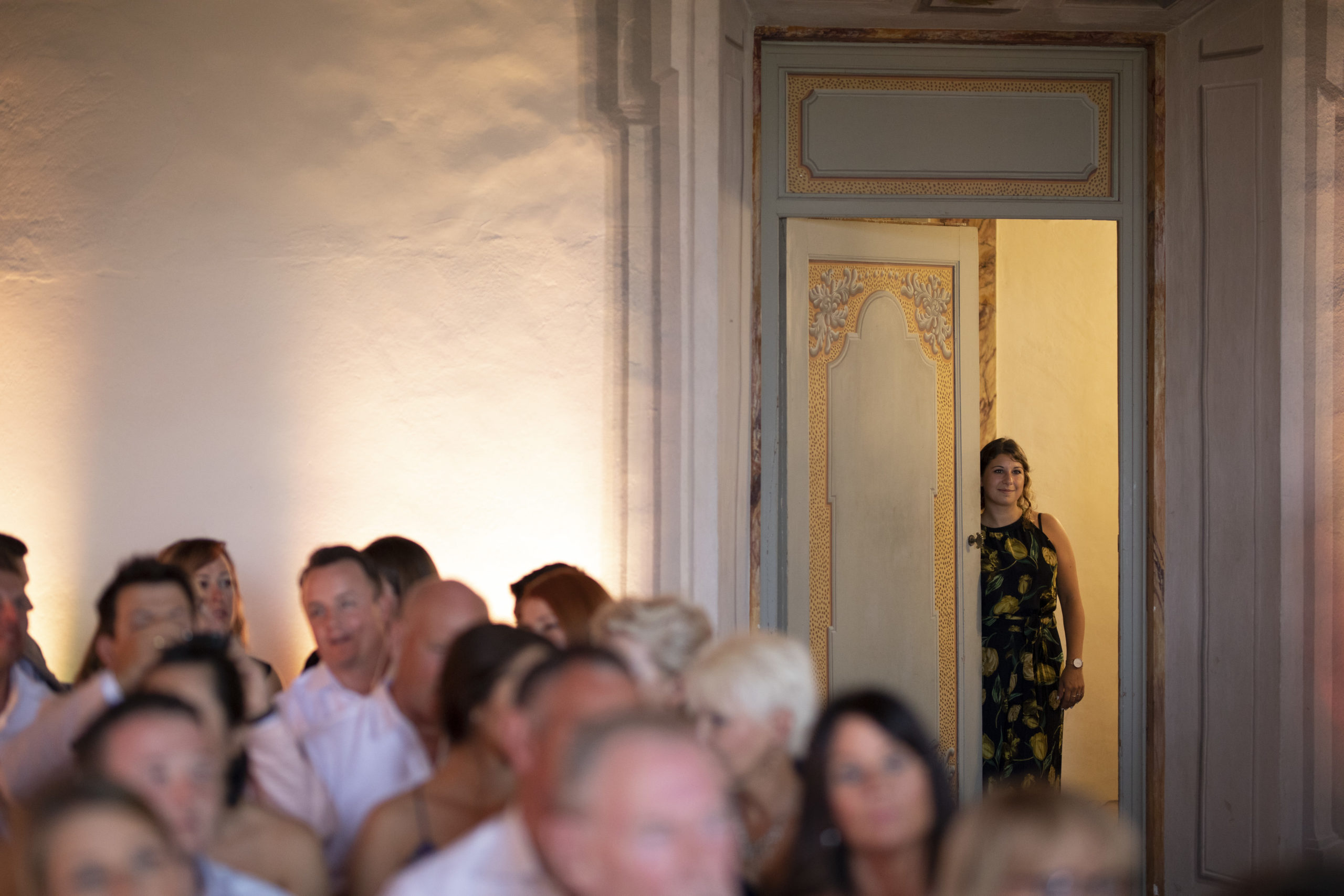You’ll stress less and save money, for a start.
When it comes to the planning process, the bridal spectrum stretches from “I have no idea what I’m doing” to “I think wedding planning may be my calling. Should I quit my day job?” Accordingly, for brides who don’t know where to start, hiring a wedding planner to help them along the way can feel like a no brainer. But for brides who feel like they’ve got this from the get-go, or think that extra help isn’t financially feasible, is spending thousands on a planner really worth the investment?
1. Planners can help with your budget constraints and legal contracts.
A good planner can help you make the most of your wedding budget. I can stretch your budget because I know what’s more important. A wedding planner knows what’s going to have more impact. Even small decisions can add up to big savings when you have a planner who knows what to do.

2. Planners will fight for your wedding vision and keep everything on track.
In addition to helping couples budget and supervising sticky details like legal contracts, the most important perk of a planner is having someone who’ll fight for your wedding vision from start to finish. While many vendors tackle more than one wedding per day or per weekend, a planner is focused only on your special day and will push to make sure everything goes according to your unique plan.
It really is a long journey to the altar. On the wedding day someone who knows you and what’s in your brain is there for you to make unique your wedding day.
3. Planners can keep things stress-free.
From a vendor’s perspective, working with a wedding planner instead of directly with the bride or groom or their parents can keep things streamlined and stress-free. Planners often have built-in relationships with vendors, which can also cut costs.
4. Planners can handle ceremony-to-reception flipping.
Full and partial planning packages aside, a day-of coordinator is ideal, if you can wing it, especially if your celebration involves complex orchestration like flipping the ceremony space in a short time period so it’s ready for the reception.
It is so important to have somebody who can bring in vendors who are familiar with the space and who are familiar with what they’re doing.

5. Planners can help you coordinate the entire day.
A wedding that’s divided over multiple venues with their own coordinators may require less overall coordination. But even if a venue offers an in-house coordinator, we advise couples to remember that the internal coordinator will likely only be coordinating the specific details that venue is responsible for providing, like food or the space itself. They may not be focused on helping you juggle all the little details that will make your special day so special. And juggling details is the last thing you and your fiancé want to worry about on your wedding day.
At a hotel or a venue, they see a wedding every weekend or two a weekend. Your wedding planner wants to make sure this is your wedding. So having someone help you understand how to celebrate that is so important.
Even so, full wedding planning assistance may not be practical or even possible for everyone. Maybe you have event experience yourself, your fiancé is a whiz with spreadsheets, or your budget just won’t allow it. After you’ve booked your major vendors, you could still decide to consult a planner midway through the process as most planners offer partial or customized packages.
Some brides are really creative, they’re going to be able to do their print material on their own because they’re a designer or their best friend is a designer. Some people have a vision and are great at decorating and are going to be able to manage their design, but a lot of brides have no vision, haven’t been dreaming about their wedding forever, and don’t know how to pull together a high-end wedding so every couple is different in terms of what they need help with.



